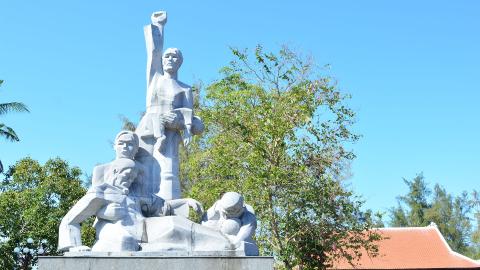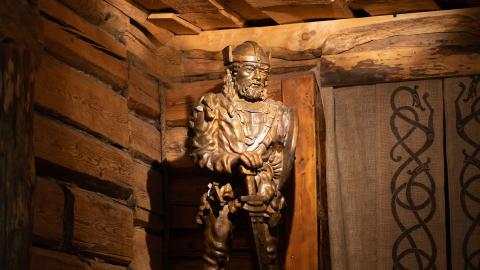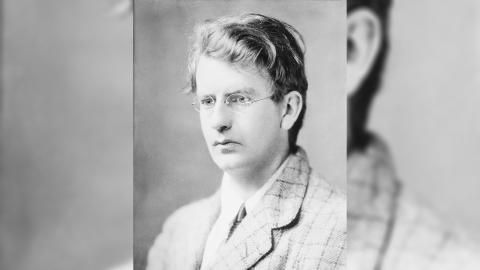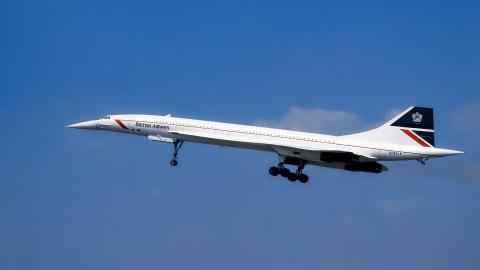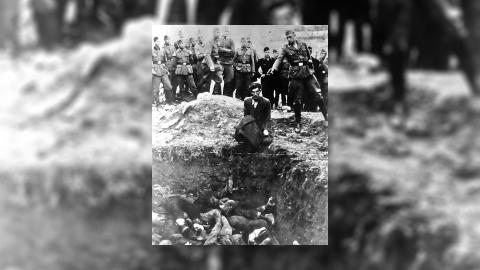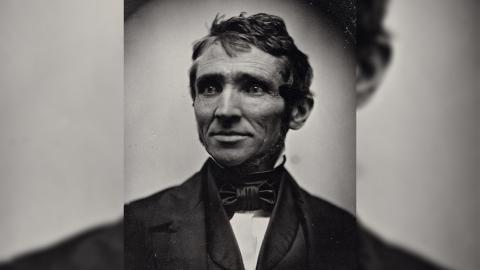Win a copy of Scientifica Historica by Brian Clegg
We're giving away five copies of Scientifica Historica by Brian Clegg, a new book which reviews books, scientific pioneers and discoveries from ancient civilizations to the new millennium.
Keep reading to find out how you can win a copy.
Scientifica Historica is an illustrated, essay-based review of books, scientific pioneers and discoveries that marked the development of science from ancient civilizations to the new millennium.
Ancient World – looks at the beginnings of language, plus the first ever scientific documents produced and translated
Renaissance in Print – explores the effects of the invention of the printing press and the exploration of the seas and skies Modern Classical – surveys the 19th century and the development of science as a profession
Post-Classical – dissects the twentieth century and the introduction of relativity, quantum theory and genetics
The Next Generation – reviews the period from 1980 to the modern day, showing how science has become accessible to the general public
Plus an introduction to the history and development of writing and books in general, and a list of the 150 greatest science books published.
From carvings and scrolls to glossy bound tomes, this book beautifully illustrates the evolution of scientific communication to the world. By recounting the history of science via its key works – those books written by the keenest minds our world has known – this book reflects the physical results of brilliant thought manifested in titles that literally changed the course of knowledge, sometimes by increments, and sometimes with revolutionary impact.
Brian Clegg read Natural Sciences, focusing on experimental physics, at Cambridge University. After developing hi-tech solutions for British Airways, he formed a creative consultancy advising clients ranging from the BBC to the Met Office. He has written for numerous publications including Nature, the Times, the Wall Street Journal, and has lectured at Oxford and Cambridge universities and the Royal Institution.
Competition
This competition is now closed



